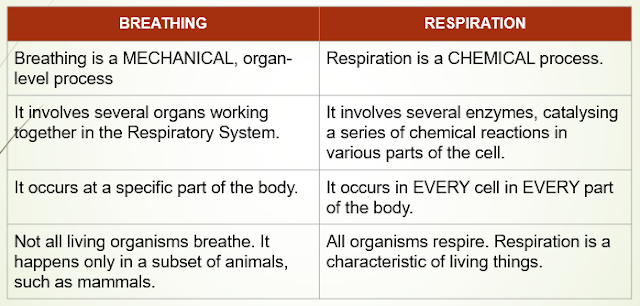CLIMATE CHANGE & SIDS [CSEC BIO]
CARIBBEAN COUNTRIES AS SIDS
SIDS: Small Island Developing States
"Small Island Developing States (SIDS) are a distinct group of 38 UN Member States and 20 Non-UN Members / Associate Members of United States regional commissions that face unique social, economic and environmental vulnerabilities. [1]
The three geographical regions in which SIDS are located are:
- the Caribbean Sea
- the Pacific
- the Atlantic
- the Indian Ocean
- the South China Sea.
SIDS were recognised as a special case both for their environment and development at the 1992 United Nations Conference on Environment and Development held in Rio de Janeiro, Brazil.
The Exclusive Economic Zone (EEZ) for each country is the region of surrounding oceans under their control. The EEZ of SIDS are, on average, 26 times the country's land mass.
For this reason, for many SIDS, most of the natural resources that contribute to the country's economy come from the ocean.
In addition, the following factors make SIDS particularly vulnerable to biodiversity loss and climate change. In addition, SIDS tends to lack economic alternatives in the face of these challenges.
Impact of Climate Change on SIDS
As demonstrated by the 2017 hurricane season, with the onslaught of hurricanes Harvey, Irma, Maria, and Nate, these weather events are currently the most direct effect of climate change on Caribbean SIDS.
These storms destroy communications, energy, and transport infrastructure, plus homes, health facilities & schools.
There are also the slow onset events, such as sea level rise. These pose a threat to the very existence of these island communities. They require drastic measures such as relocation of populations, and the related challenges they pose. These challenges are compounded by:
- limited institutional capacity
- scarce financial resources
- high vulnerability to system-level shocks.
The Importance of Biodiversity
This is very important to the livelihood of many SIDS. Industries that depend of biodiversity, such as tourism and fisheries, make up more than 50% of the GDP or most small island economies.
Beyond the economic, biodiversity holds aesthetic and spiritual value for many island communities. As long as humans have lived on these islands, the benefits of biodiversity included:
- food supply
- clean water
- reduced beach erosion
- soil & sand formation
- protection from storm surges.
In modern times, strong biodiversity provides the additional benefit of reducing the impact of climate change in the form of soil erosion, pollution, floods, and natural disasters.
SUMMARY
The impact of pollution on marine and wetland ecosystems is very important to Caribbean countries. As SIDS, a major proportion of their economic zones are the surrounding ocean and coastal areas. They are pivotal to the fishing and tourism industries in particular. So damage to these ecosystems has a significant economic impact, apart from the ecological.
FURTHER READING
CARICOM Support of SIDS - News Digest
REFERENCES
[1] About Small Island Developing States | Office of the High Representative for the Least Developed Countries, Landlocked Developing Countries and Small Island Developing States - the United Nations. Accessed 31 Aug 2021.


